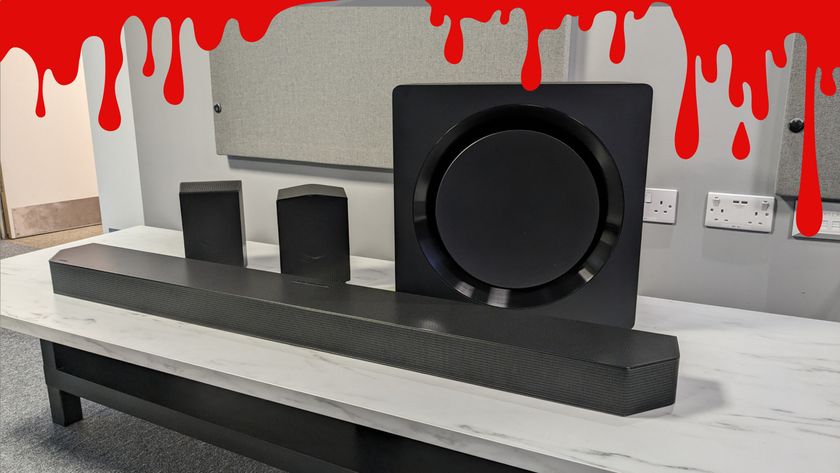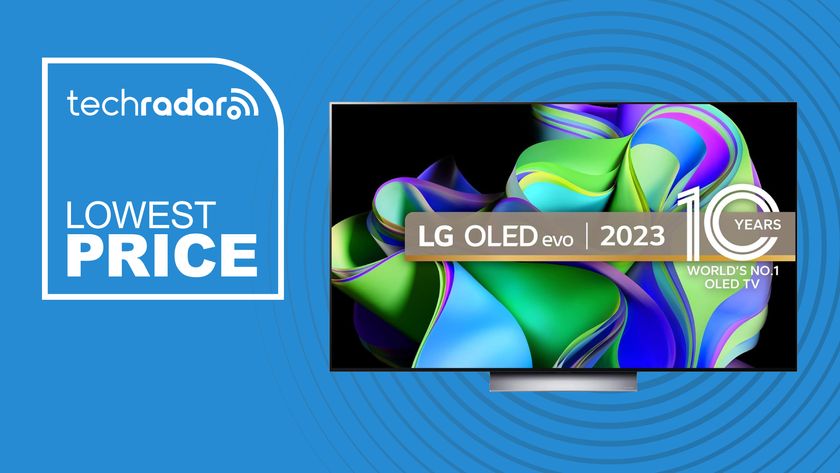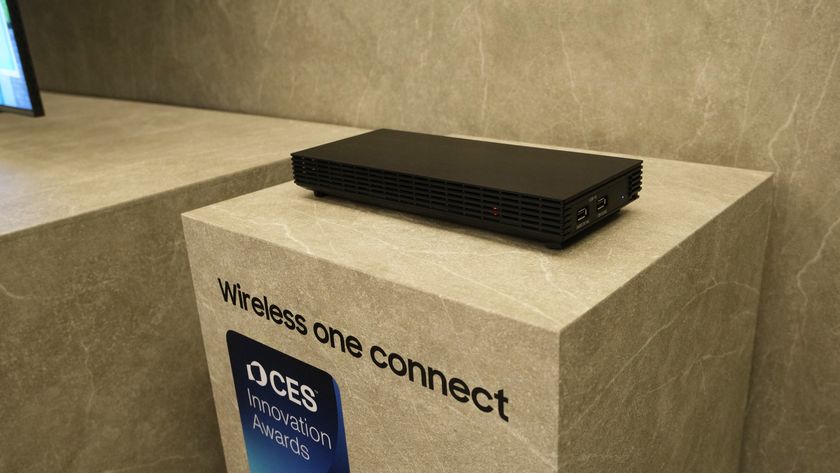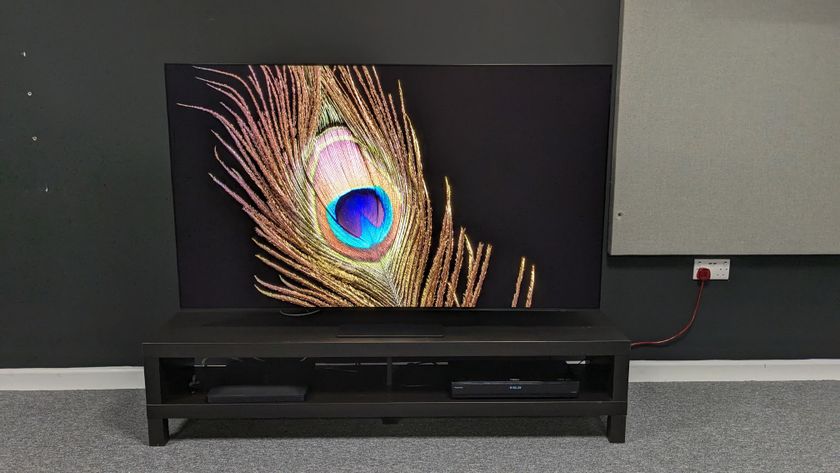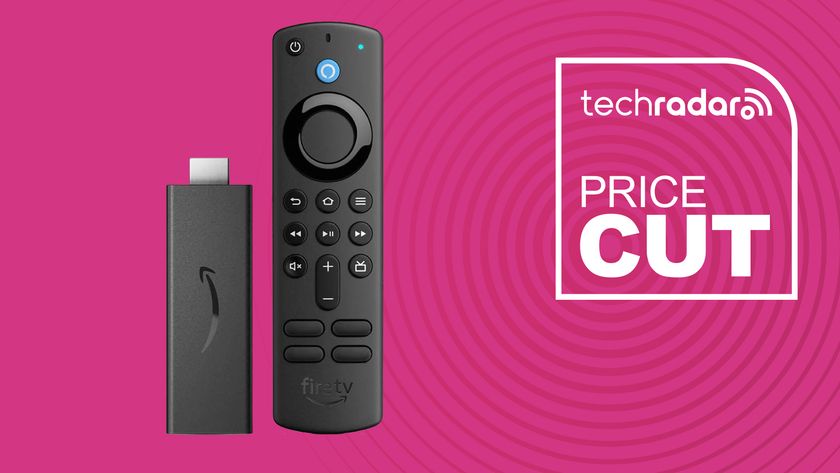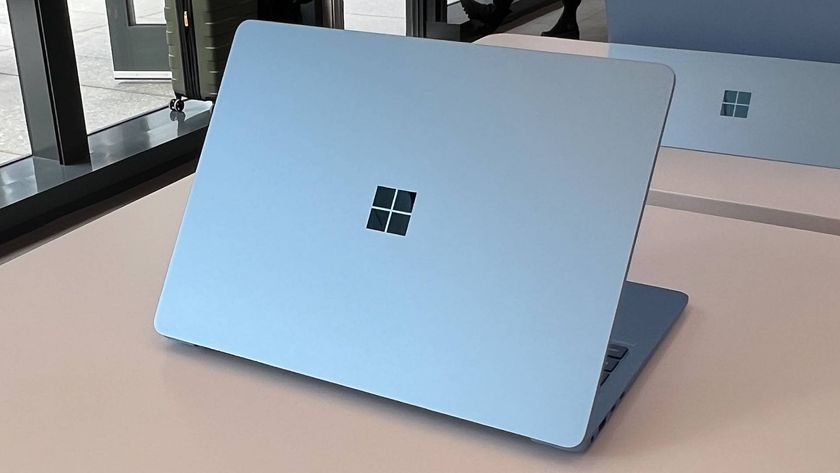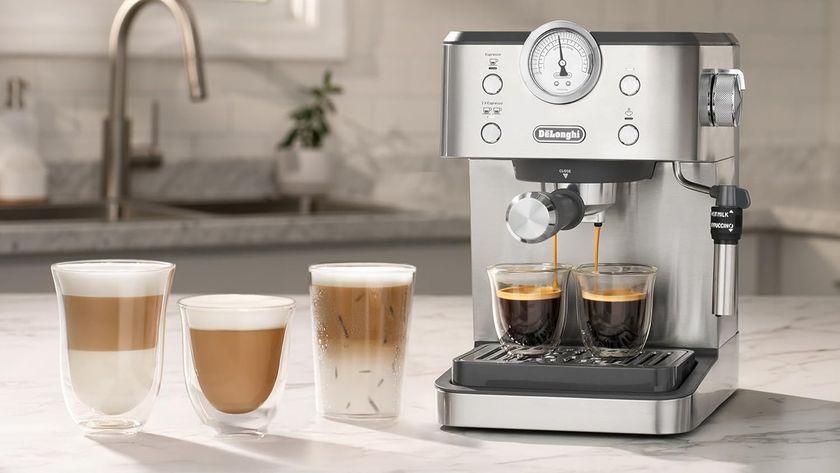LG Display turns its fortunes around, thanks to 2020 OLED TVs
OLED TV sales are buoying up LG
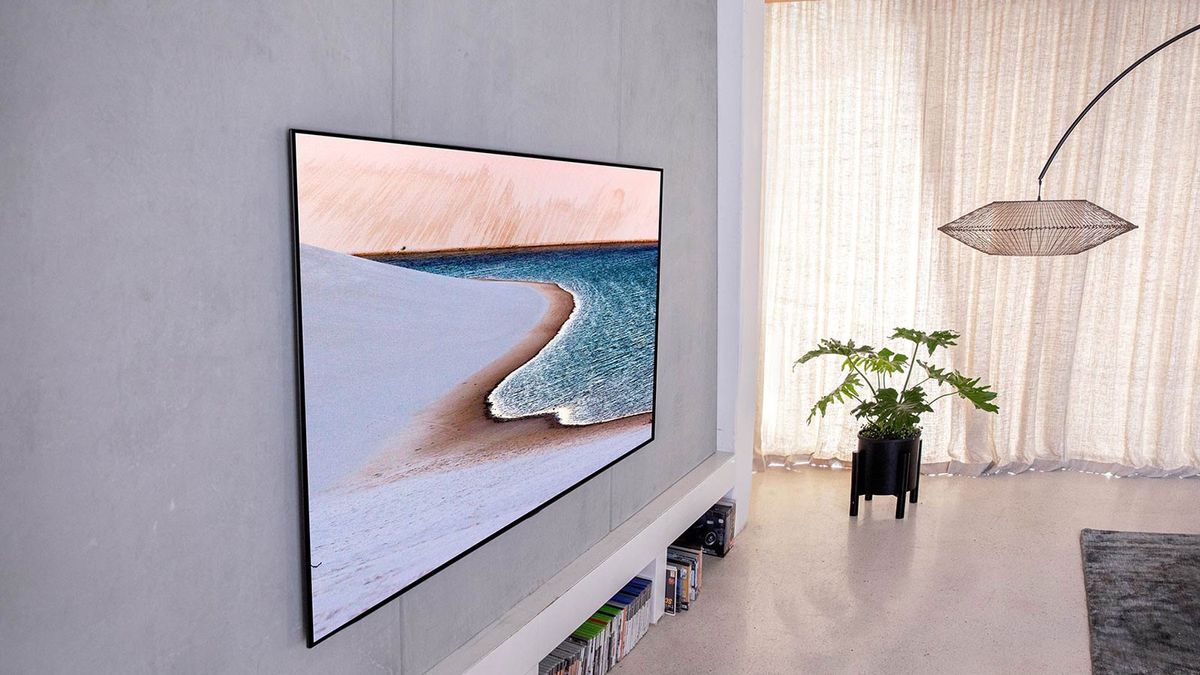
Thanks to a whole load of OLED TV sales, shipments for flexible smartphone panels, and rising demand for work-at-home monitors, LG Display's fortunes seem to have turned around.
The electronics manufacturer's third-quarter earnings this year include a reported net profit of $9.8 million (around £7.5 million / AU$13.7 million). Compared to the massive deficit its been seeing for the past few quarters, that's a big recovery – and it's notable that LG hasn't been in the black like this since 2018.
By comparison, LG saw a $447 million net loss in the second quarter of 2020, and a similar amount this time last year.
It's been a difficult year for LG Display in a lot of ways. Back in February, we reported that a new production fab in Gaungzhou was months behind schedule. A difficulty in scaling up OLED production continued throughout the year, leading sales forecasts to drop, while the initial effect of global lockdowns was to see spending on expensive TVs and smartphones drop.
In July, the Guangzhou fab got up and running, ramping up production of LG's new 48-inch OLED TV panel size, but the month after we heard that plans for a new factory in South Korea had been pushed back to 2023.
- Here are the best OLED TVs
- Black Friday TV deals: what we expect to see
- What is OLED? Every question answered
Home sweet home
The sudden change in fortunes may be, perversely, due to the coronavirus pandemic. Just as working from home has seen a massive rise in use of Netflix and other streaming services, so too has it been a boon to the technology used to watch them – meaning that LG-made panels for OLED TVs have seen a massive rise in demand.
Let's not forget that LG Electronics isn't the only company to sell OLED TVs. LG Display also sells OLED panels to the likes of Sony, Philips, and Panasonic for use in their high-end televisions, and it seems being stuck at home has led many to upgrade their home cinema.
Get daily insight, inspiration and deals in your inbox
Sign up for breaking news, reviews, opinion, top tech deals, and more.
LG attributes a big part of this success to a rise in demand for home office equipment, such as IT monitors – no surprise there that people have been looking to upgrade their home working setup.
It seems that LG found its footing, and its favor among those of us adapting to an increasingly indoor life – which will no doubt be a relief to those looking after the company coffers, and help ensure it continues to innovate, as with its rollable OLED TV.
Good flex
LG also cites increased interest in flexible OLED smartphone panels, given the current race between smartphone makers to offer innovative form factors through their foldable phones.
While the trend may have kicked off with the disastrous Samsung Galaxy Fold, things have now changed, with the likes of Huawei. Motorola and LG all getting in on the action. It's still an expensive technology, and of uncertain consumer benefit at the moment – especially given the delicate materials being used – but it's certainly captured the imagination of a lot of manufacturers, and we're only going to be seeing more of them going forward.
In the near future, then, it looks like LG's fortunes may keep improving.
Henry is a freelance technology journalist, and former News & Features Editor for TechRadar, where he specialized in home entertainment gadgets such as TVs, projectors, soundbars, and smart speakers. Other bylines include Edge, T3, iMore, GamesRadar, NBC News, Healthline, and The Times.

